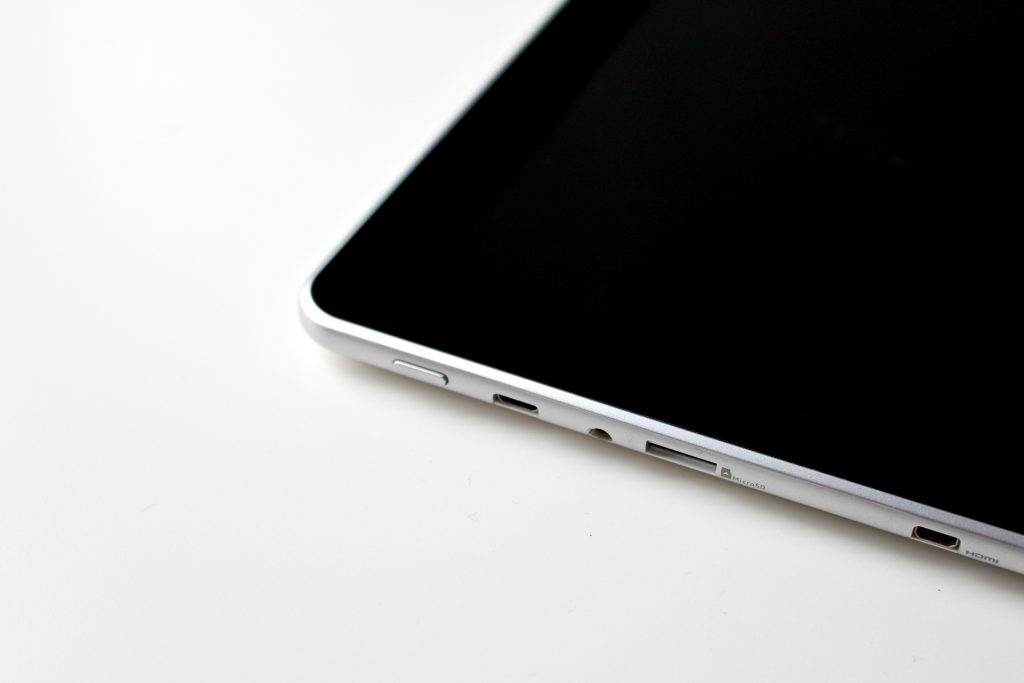“Black Mirror” is an anthology TV series that deals with the dangers of technology. More importantly, it deals with extreme versions of how society uses technology that we know and love, to create a dystopia that we inevitably have to live in. The very notion of technology becoming the imminent and inevitable reality the show portrays is appalling, not just because of the shocking content, but because it can totally happen in real life. And there’s nothing we can do about it. Or can we?
I’m not talking about science fiction here, or I’d be talking about Terminator-esque robot uprisings that. . . could happen now that the NSA’s program “SKYNET” uses data taken from intercepted private communications to identify potential threats to national security and profiling individuals, which, if gone haywire, would cause catastrophic events leading to rising tensions and nuclear war, but that’s not important. Every piece of technology they show is either in the works or is integrated into the society and needs to be developed further. Let’s suppose we have a system to rate people based on what they put up on a digital profile. That’s Facebook. And Instagram. And it’s likely that every social media platform uses the same strategy. That cute photo of that girl with her dog, or that guy who posted a video of him jet-skiing in Mauritius, it tells you things about them. It changes your perception about them. What they post on their profile is, of course, the best versions of what they’d like to present to the world. It’s what they’d like to present to the world to increase their social status: for kids to look cool, and adults to look happy.
Let’s say we take it a step further, and have a system which allows people to rate each other at every social interaction on a scale of one to five – every “hi” you say to a random person, the barista in a coffee shop (Yelp reviews), every “please,” “sorry,” “thank you,” small talk in an elevator, taxi driver (Uber ratings), what you post online, all merged down to one platform that has everything about you Everything about you socially, in a much, much bigger format than Facebook. It’s essentially nothing more than digital social validation. The rating system is essentially boiled down to a quantization of your social standing which could give you access to opportunities of a person of higher social status, such as a promotion, or entry to a luxurious restaurant, or an expensive apartment with access to elite clubs. Now rather than money, you have to rely on how to make people like you. Although you have zero reason to be overly friendly and nice to them, this rating system forces you to do exactly what you need to for a higher rating, so you get to the top of the chain by being a phony. “Forcing laughter, faking smiles,” as Taylor Swift said? Well, that’s what is very, very wrong, and the beginning of the disconnect from being human. You don’t like the best version of you anymore, because it’s not what you are. It’s what you’re not. You’re not being honest to yourself. This element of emotional disconnect due to technology is present in every episode of “Black Mirror” and that’s why it’s more relevant and relatable than any other show of the 21st century.
The show surprisingly manages to tackle the cause and effect of digitizing social construct amazingly well, ranging from sensitive interpersonal relationships to shocking, nationwide sex scandals to terrorist attacks, which all feature what sort of thinking humanity goes into while using a new technology. It’s one thing to use it, and another to know when not to. Like J. Robert Oppenheimer said, “Now I am become Death, the destroyer of worlds.” You have the power in your hands, but the question is what you should do with it. Children who can’t even tell apart Iraq and Syria are getting access to phones with enough computing power to guide satellites these days. Children who become adults and ultimately have the capacity to distort the future into what “Black Mirror” shows us. It’s not just the children though, but what everyone does about it. Choices and consequences. Multi-million dollar tech companies, families, internet trolls, cyberbullies, hackers, reality show audiences, everyone who owns a mobile phone or laptop, everyone who leaves a virtual footprint, everyone in their own way makes the digital reality work. The black mirrors through which we see the virtual world get darker as the emotional disconnect separates us from being human. The song “Schism” by Tool rightly points this out: “The light that fueled our fire then has burned a hole between us so.” It’s how we don’t see other humans as what they are, but rather how the screen disconnects us from reality. A reality that’s inevitably doomed to exist in the mirror itself if we don’t wake up.





